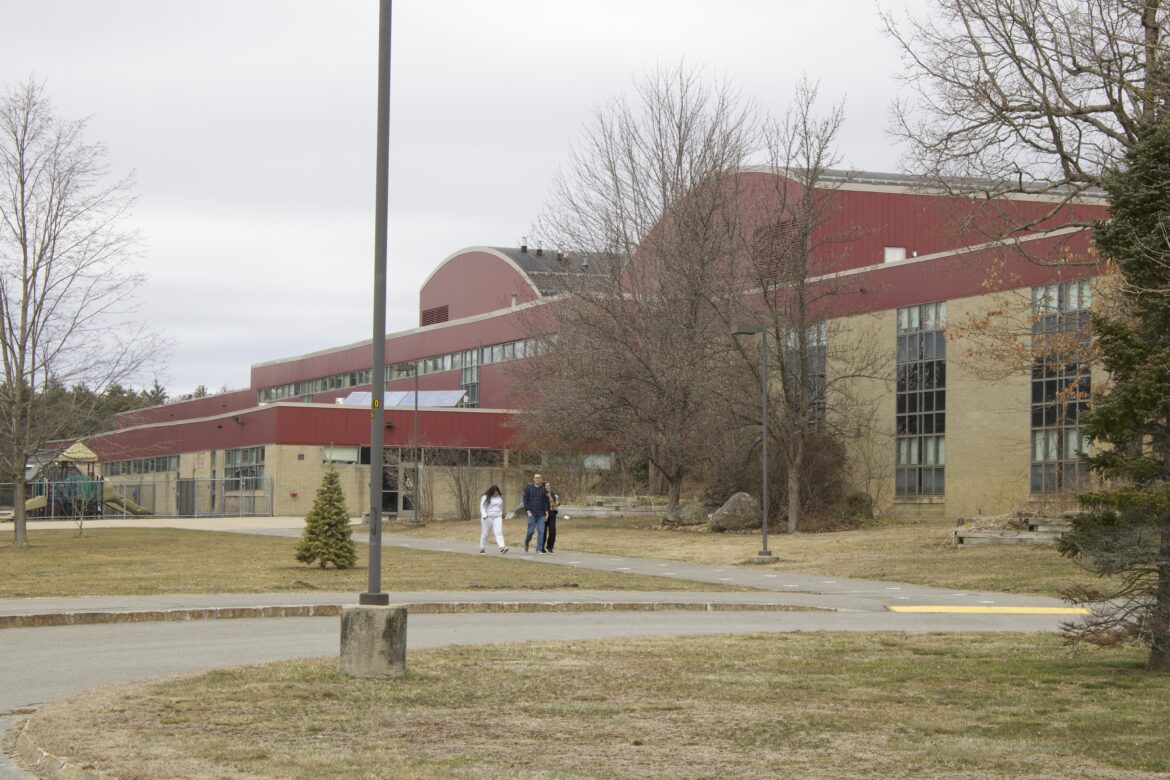By ANI FREEDMAN, InDepthNH.org
CONCORD – One of the bills on the New Hampshire House of Representative’s Thursday schedule is HB 1014, a bill that would bolster voter registration efforts among young people by altering public and private school curricula.
While the prime sponsor Rep. Mark Paige, D-Exeter, thinks it’s a fairly straightforward bipartisan, “common sense” bill, concerns have been raised by Republican lawmakers who oppose its passage.
The bill itself would not force students to register to vote, but instead requires school districts and private schools to “develop programs to inform high school students about registering to vote.” This education would also include policies to promote student voter registration, such as “collaboration with the town or city clerk and the supervisor of the checklist to conduct voter registration at high schools.”
However, completion of voter registration would not be a course requirement or graded assignment for students, according to the bill. The education program would focus on “informing students of state requirements for voter registration” and “providing access to and assistance with filing registration applications.”
Paige, a former teacher, wrote this bill with the hope of bolstering the existing civics curriculum at high schools by turning education into action, or at the bare minimum, remove any barriers of confusion about voter registration.
“It gets people actively involved,” Paige said over the phone. “They’re not just learning about it but hopefully engaging in the democratic process.”
Paige said other states have already implemented such curricula, including North Carolina, Texas, and Georgia.
When Paige presented the bill before the House Education Committee on Jan. 8, Rep. Mike Belcher, R-Wakefield, questioned the potential intervention of this bill in the democratic process and the right to both free speech and silence.
“Should we not have concerns, given the fallibility of people, of government meddling in this process and the possible compulsion, or coercion, to this speech?” Belcher asked in January.
Paige stated that he thought the chance of someone coercing students to register with a certain party is pretty low.
“It would be called out pretty quickly, and someone would probably lose their job,” Paige said to the committee.
Paige wasn’t too keen on a new amendment written by Republican lawmakers that would fundamentally alter the intent of the bill. Rather than requiring schools to develop voter registration education programs, this amendment would instead ask them to provide copies of the New Hampshire Constitution and voting laws for them to learn about election laws and voting.
While Paige said he appreciates providing these laws for students to learn about, it would be an “entirely different exercise” that he sees as more passive in place of them learning about the voter registration process, as the original bill intended. Through his original bill, Paige believes students can become more enabled, engaged, and “feel that they have some power over their future.”
“It’s a fundamental right,” Paige said. “Ultimately, our future depends on the next generation voting.”
Olivia Zink of Open Democracy NH said that in New Hampshire, voter registration among 18-year-olds is around 15.6%—nearly half of the national average of 30%. She also asserted that statistics reflect young voters in New Hampshire register equally as Republican, Democrat, or Undeclared.
Current data from the NH Secretary of State website shows that party registration at the end of 2023 was fairly evenly split between the two parties and Undeclared status.
Both Paige and Zink also asserted that once young people register to vote, they are more likely to participate in their local governments.
“There’s a whole cycle of civic virtuousness that happens,” Paige said. “People become more engaged in their community, voting becomes habitual—it kind of triggers a lot of good things that we want our education system to produce.”
“That registration part is the first hurdle,” Paige said.
Zink believes this law could help pave the way to greater civic engagement after high school.
“If New Hampshire school districts create a policy with robust voter participation drives,” Zink said, “that will make a meaningful difference in participation.”
During the Education Committee’s executive session, the vote to recommend passage was tied, leaving it to go to the House floor on Thursday with no committee recommendation.





